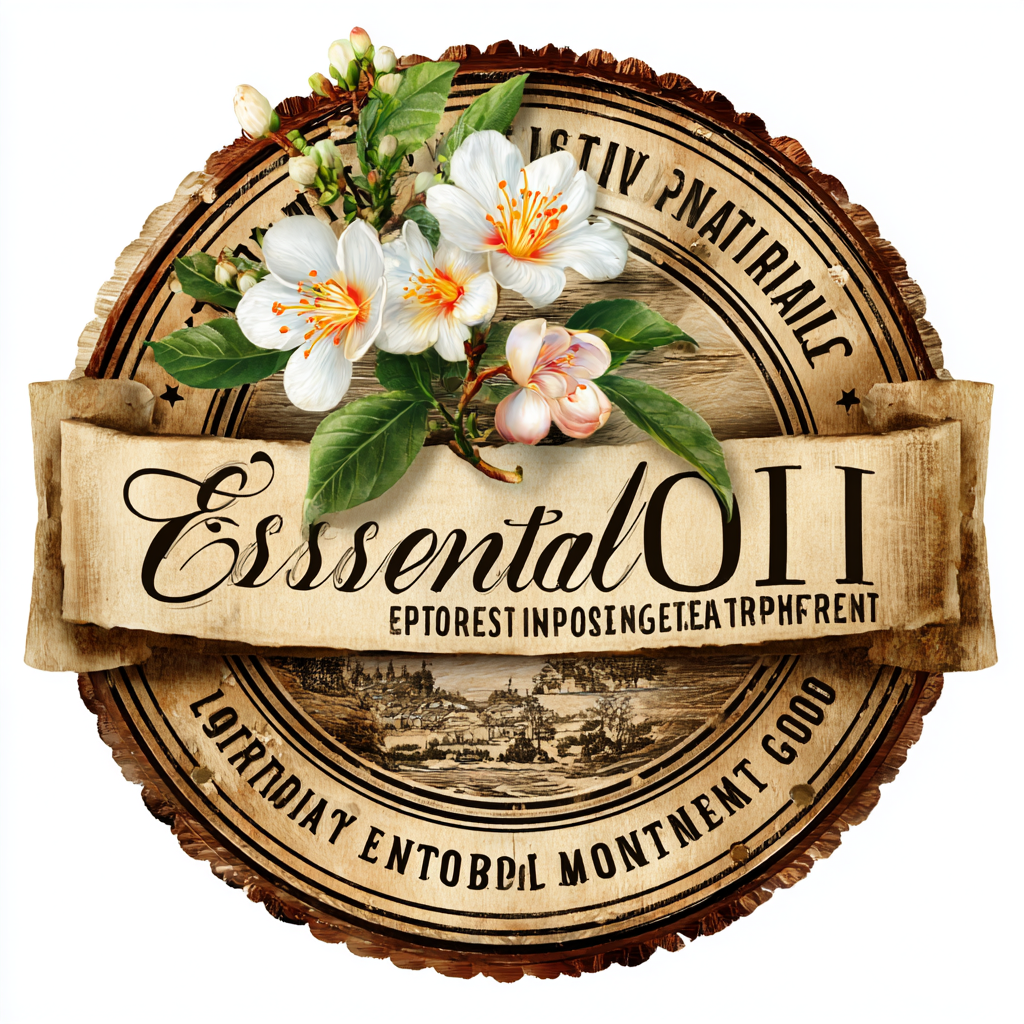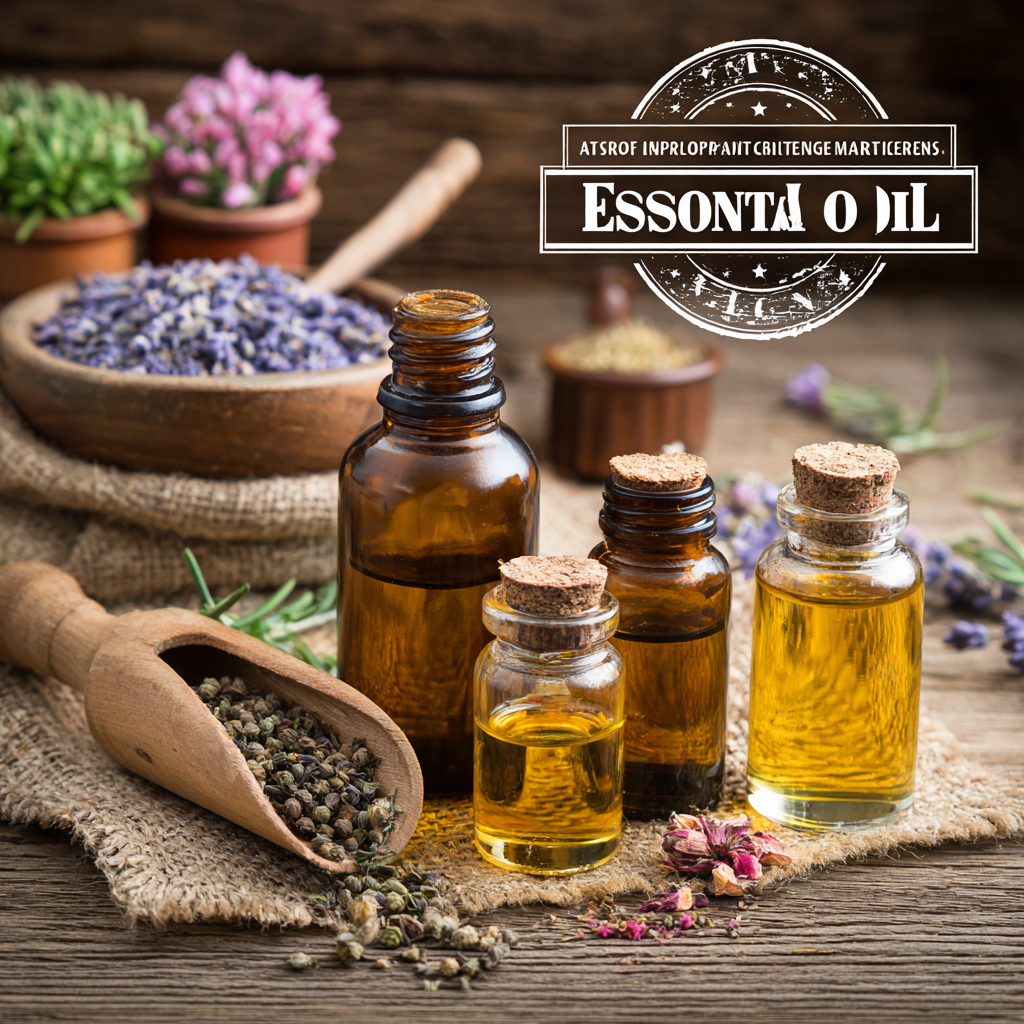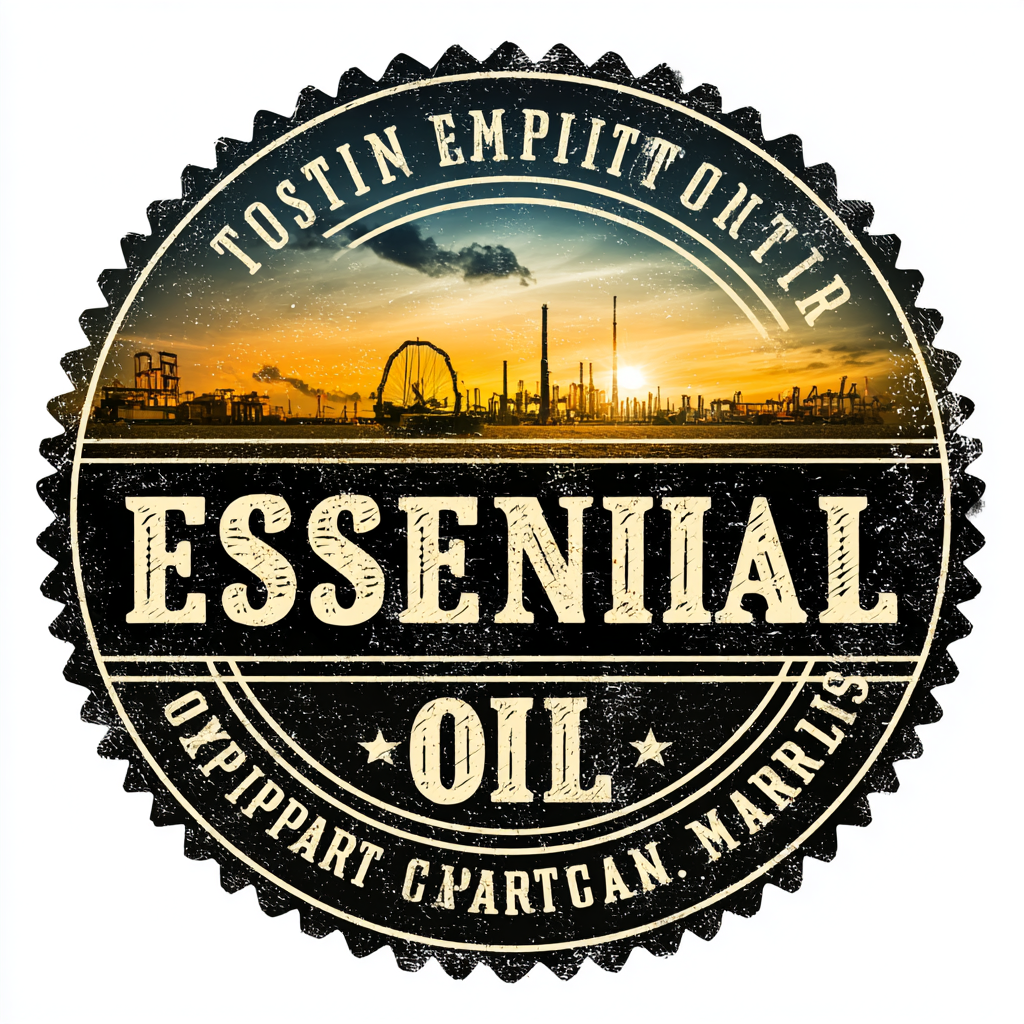

In the rapidly expanding world of global commerce, the demand for high-quality essential oils has surged, prompting suppliers and manufacturers to navigate complex certification requirements for import and export. Essential oils, revered for their therapeutic properties and aromatic qualities, are increasingly sought after in various industries, from cosmetics to wellness products. As a result, businesses looking to make their mark in the international market must understand the critical certifications that validate their products' quality and safety.

This blog will delve into the top five essential oils that possess import and export certification, serving as a comprehensive checklist for those wishing to elevate their operations on a global scale. From sourcing the right raw materials to ensuring compliance with international standards, we aim to equip you with the necessary insights to successfully engage in the lucrative market of essential oils.
In the ever-evolving landscape of global commerce, essential oils have emerged as a significant category of products influencing both import and export markets. With rising demand across various sectors, it's crucial for suppliers to understand the certification requirements that govern international trade. In this context, essential oils with global import and export certification are not just products; they symbolize quality and compliance, assuring consumers of their authenticity and safety.
Market trends indicate that consumers are increasingly prioritizing ethically sourced and certified products, driving businesses to invest in obtaining the necessary certifications. Popular oils such as Lavender, Tea Tree, and Peppermint are frequently at the forefront of this movement due to their versatility and established therapeutic properties. As awareness surrounding the importance of sustainability and quality grows, essential oil manufacturers are aligning their practices to meet the stringent standards set by international bodies, thereby facilitating smoother entry into global markets.
This shift not only enhances product visibility but also helps in building trust with consumers worldwide, paving the way for greater market expansion.
Essential oils have gained immense popularity in global markets, and certification plays a crucial role in enhancing export opportunities. Certification ensures that essential oils meet international quality standards, providing assurance to consumers and businesses alike. This not only builds trust but also opens doors to new markets, as many countries require certificates to validate product quality. By obtaining import and export certifications, producers can significantly increase their competitive edge in the marketplace.
When considering certification, it’s important to stay informed about the specific requirements of your target markets. Research the regulations for essential oils in various regions to ensure compliance. This step can prevent potential setbacks in your export process. Additionally, partnering with a reputable certification body can streamline the application process and enhance credibility.
Remember to maintain detailed records of your production processes to support your certification application. Transparency in how the oils are sourced and produced can make a substantial difference in securing certifications. Lastly, engage with industry networks and trade associations to learn from others' experiences and stay updated on best practices in certification.
| Essential Oil | Certification Type | Countries with Import Certification | Export Markets | Key Benefits of Certification |
|---|---|---|---|---|
| Lavender Oil | USDA Organic | USA, Canada, EU | Worldwide | Higher marketability, consumer trust |
| Tea Tree Oil | ISO Certified | Australia, USA, EU | Asia, North America, Europe | Quality assurance, improved access to markets |
| Peppermint Oil | Fair Trade Certified | USA, EU, Japan | Global | Ethical sourcing, appealing to conscious consumers |
| Eucalyptus Oil | GMP Certified | USA, EU, Brazil | Latam, North America | Safety assurance, regulatory compliance |
| Lemongrass Oil | Non-GMO Certified | USA, Canada, EU | Europe, North America | Market advantage, consumer preference |
The global essential oils market is poised for significant growth in the coming years, driven by increasing consumer demand for natural and organic products. By 2025, experts predict that the market will experience a robust expansion, propelled by the rising popularity of essential oils in aromatherapy, personal care, and functional foods. As people become more health-conscious and seek alternative remedies, essential oils are emerging as a preferred choice, further stimulating market dynamics.
In addition to growing consumer interest, the essential oils industry benefits from enhanced regulation and quality assurance, particularly through import and export certifications. These certifications not only ensure product safety and efficacy but also facilitate smoother trade across borders. Countries with established certification processes for essential oils can tap into global markets more effectively, thus attracting foreign investment and boosting local economies. As the international demand for certified essential oils rises, producers are increasingly focused on maintaining high-quality standards to meet the expectations of a discerning global customer base.
The essential oils market is undergoing a transformative shift as consumer preferences increasingly lean towards sustainability. According to a report by Grand View Research, the global essential oils market is projected to reach USD 13.94 billion by 2026, with an expected compound annual growth rate (CAGR) of 10.3% from 2019 to 2026. This growth is being driven largely by consumers demanding products that are ethically sourced and environmentally friendly. Brands that adopt sustainable practices—such as eco-friendly packaging and responsible sourcing—find themselves at a competitive advantage in attracting environmentally conscious consumers.
Moreover, a Nielsen report highlights that 73% of millennials are willing to pay more for sustainable offerings, reflecting a fundamental change in purchasing behavior. Companies that prioritize sustainability are not just meeting consumer demands; they are also benefiting from enhanced brand loyalty and market share. As a result, essential oil producers are increasingly investing in sustainable farming techniques and supply chains that emphasize certification for import and export. This certification not only assures consumers of the oils' quality but also reinforces the brand's commitment to environmental stewardship, making it a crucial factor in purchasing decisions for the growing number of eco-aware consumers.

When it comes to importing and exporting essential oils, understanding trade regulations is crucial to ensuring compliance and maintaining product quality. According to a report by Research and Markets, the global essential oils market is projected to reach $13.94 billion by 2026, driven by increasing demand for natural products across various sectors such as food and beverage, cosmetics, and aromatherapy. However, navigating trade regulations can be complex, particularly for exporters looking to enter stringent markets such as the EU, which requires adherence to specific safety and quality standards.
The certification process for essential oils involves obtaining import and export certifications that verify compliance with international regulations. For instance, the International Organization for Standardization (ISO) publishes guidelines that can significantly streamline this process. Additionally, data from the International Trade Centre highlights that countries like the United States and Germany are leading importers of essential oils, with stringent requirements that necessitate proper documentation, including Certificates of Analysis (CoA) and phytosanitary certificates. By familiarizing themselves with these essential steps, businesses can enhance their marketability and ensure their products meet the international standards required for successful trade in the essential oils sector.
